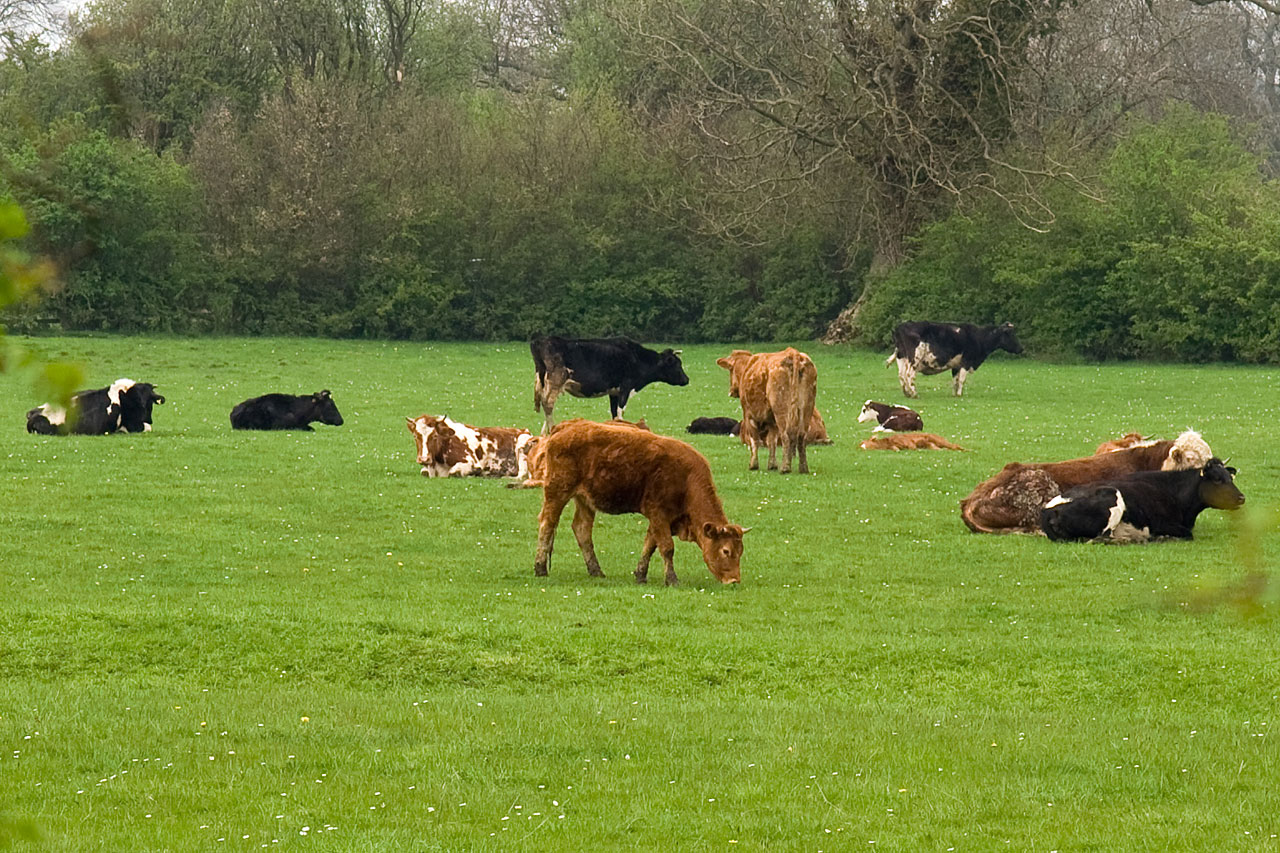Tuesday, March 14, 2017 - Bovine tuberculosis is a disease that affects cows, but can also be transmitted to human beings and other animals. While the disease is well-controlled in most countries, there are still cases of cattle  fatalities due to bovine tuberculosis in developing countries.
fatalities due to bovine tuberculosis in developing countries.
Researchers from the Northwest A&F University in China have given cows a better fighting chance. Using the world’s most effective gene editing tool called CRISPR, the researchers inserted a gene that’s associated with tuberculosis resistance into 20 cows. Of these, 11 cows lived past 3 months and showed greater resistance to tuberculosis compared to cows that were unmodified.
“I think this is a very neat study that demonstrates the feasibility of introducing a desired gene of interest via a potentially safer way,” said Suk See De Ravin from the U.S. National Institutes of Allergy and Infectious Diseases, who wasn’t involved in the study.
The study is yet another example of how CRISPR-Cas9 can be applied in agriculture and is also a solution to a longstanding problem. According to De Ravine, we now have the ability to raise animals with improved resistance to infections. This could dramatically reduce the overuse of antibiotics in livestock.
Being able to use CRISPR to turn cows into tuberculosis resistant cattle opens up the possibility of being able to do the same for other livestock. It could also lead to the elimination of other cow-related diseases that get transferred to humans.
COMMENT: To me, there are several unknowns in this study. The report did not specify the age of the 20 ‘cows’ injected — were they embryos, newborns, or adults? Whatever their age, a 45 percent death loss from the injections seems alarming. The report does not address the problem of injecting or exposing huge numbers of cattle to the new technology. Unfortunately, some scientists have a faddish enthusiasm for searching out outlandish projects upon which to base grant applications.
Learn more at this link